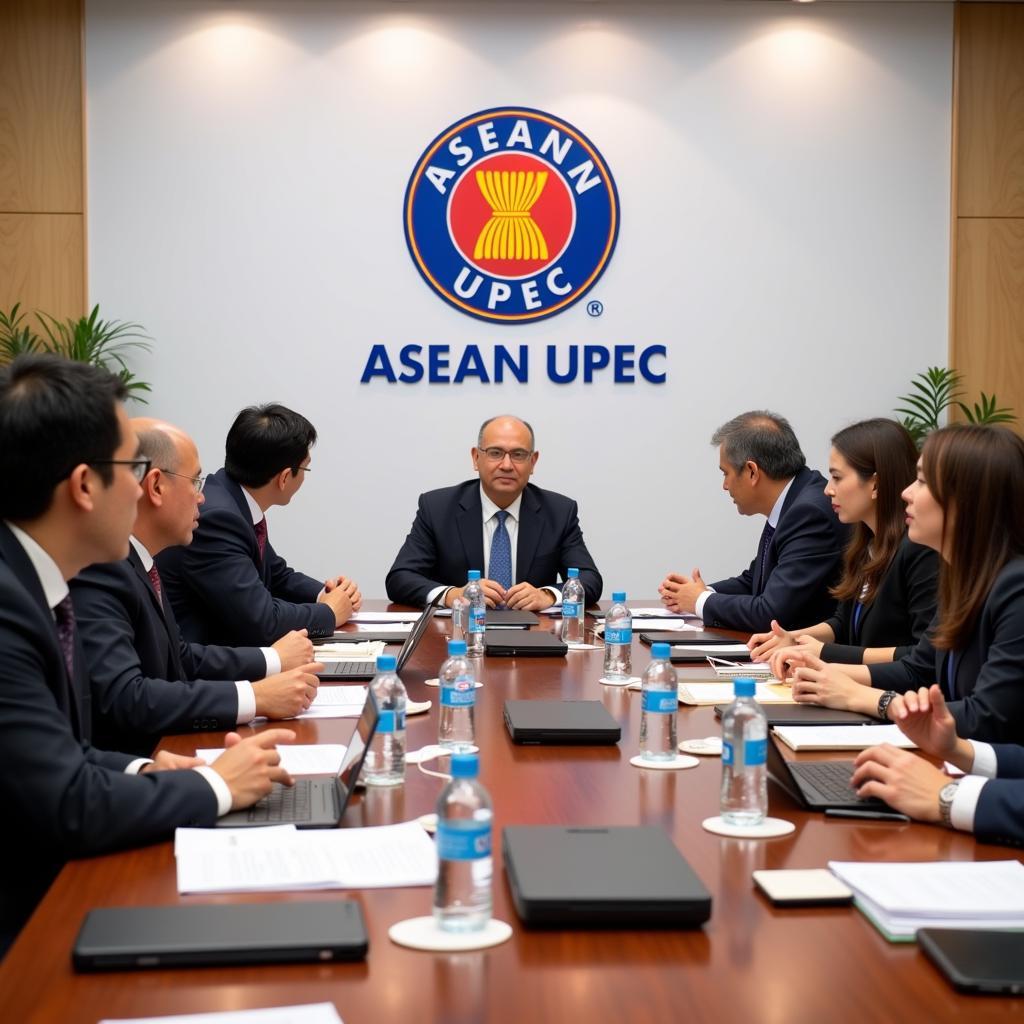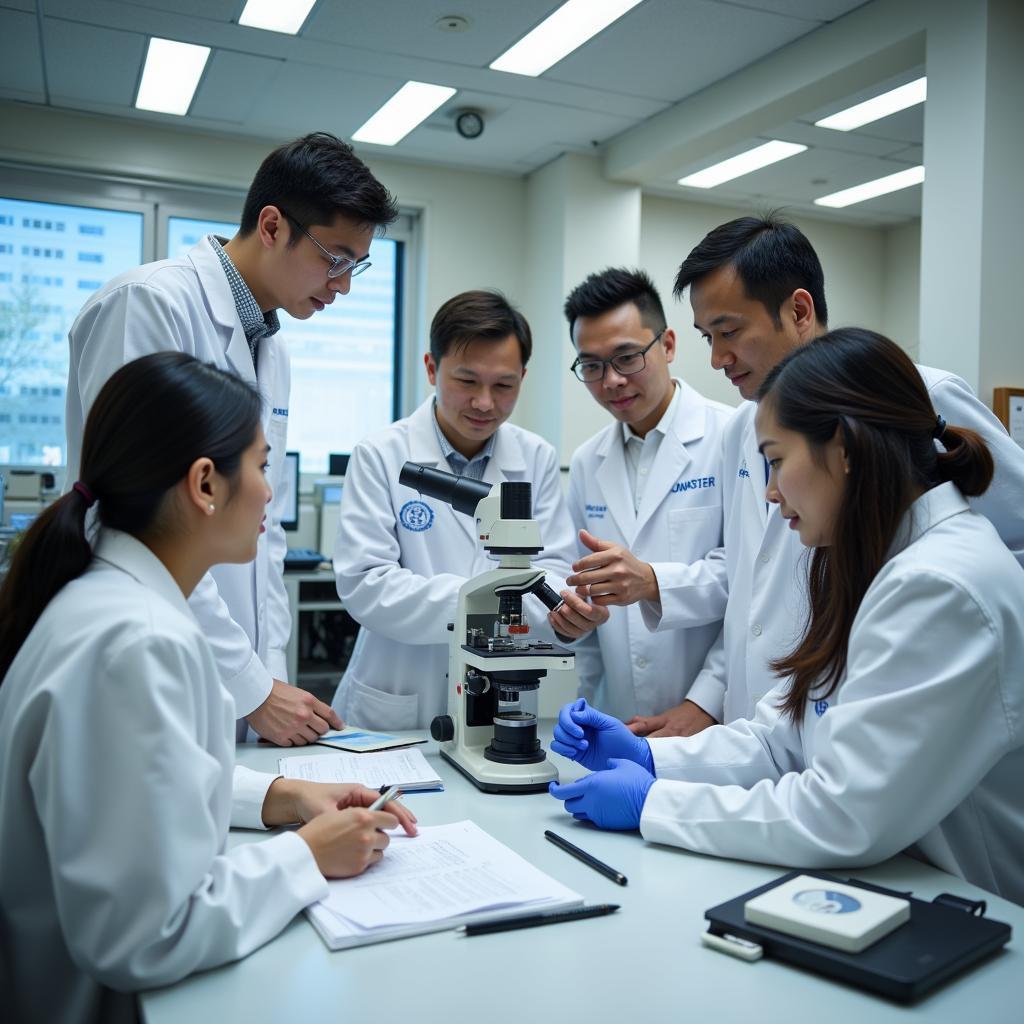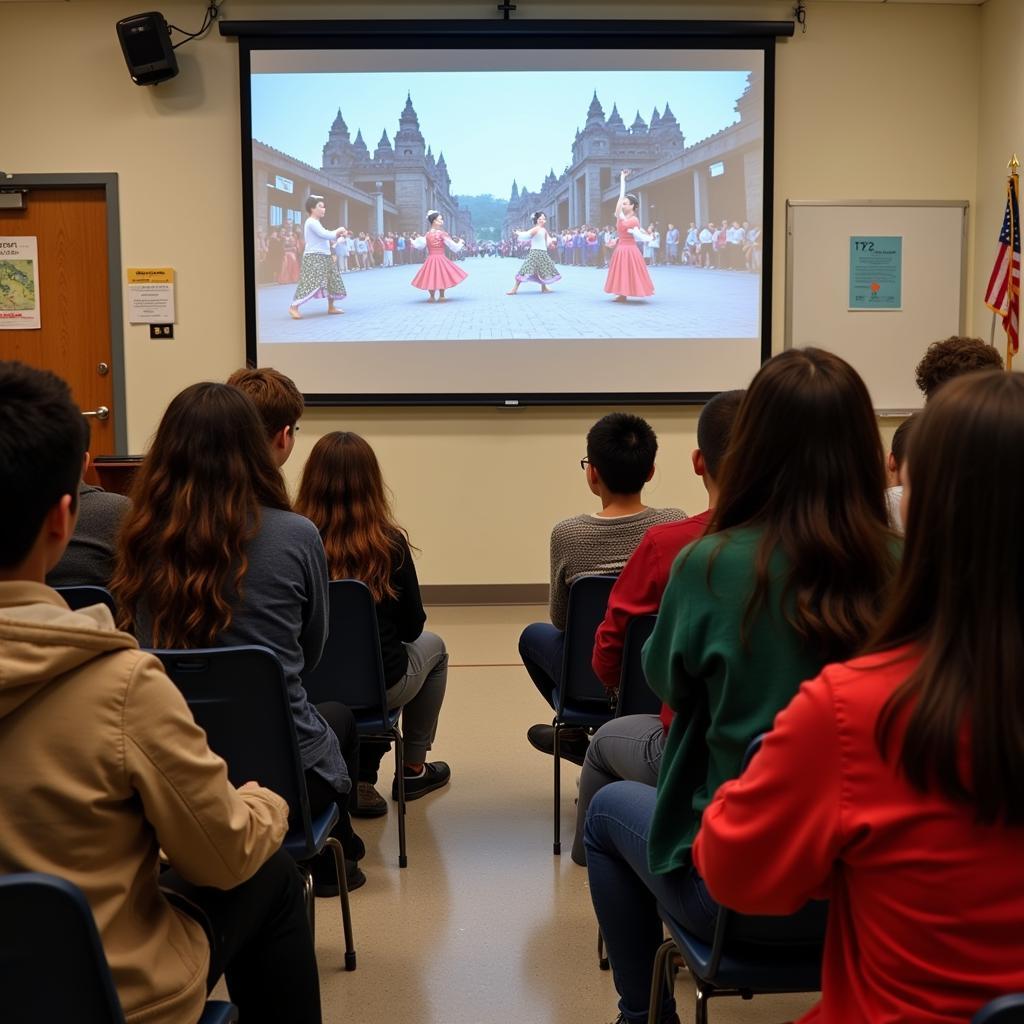ASEAN UPEC, short for the ASEAN University Presidents’ Executive Council, is a dynamic platform driving higher education collaboration within Southeast Asia. This vital network fosters regional cooperation, promotes academic excellence, and strengthens ties among leading universities across the ASEAN member states. By facilitating dialogue and joint initiatives, ASEAN UPEC plays a crucial role in shaping the future of higher education in the region and preparing graduates for the challenges of a globalized world.
What is ASEAN UPEC and its Significance?
ASEAN UPEC serves as a pivotal forum for university presidents to discuss and address critical issues impacting higher education in the region. The council’s primary objective is to enhance collaboration among universities, leading to advancements in teaching, research, and community engagement. Through collaborative efforts, ASEAN UPEC aims to strengthen the quality and relevance of higher education, contributing to the overall development of the ASEAN community.
This organization plays a vital role in shaping regional higher education policy. By bringing together leaders from diverse academic backgrounds, ASEAN UPEC fosters a collective approach to addressing common challenges and maximizing shared opportunities. The council facilitates the exchange of best practices, encourages joint research projects, and promotes student and faculty mobility within the ASEAN region.
 ASEAN UPEC Meeting in Progress
ASEAN UPEC Meeting in Progress
Key Objectives and Focus Areas of ASEAN UPEC
ASEAN UPEC’s focus revolves around several key areas aimed at fostering regional academic development. These include promoting quality assurance in higher education, fostering research and innovation, encouraging student and faculty exchanges, and enhancing university governance. By concentrating on these core areas, the council strives to elevate the overall standards and impact of higher education across the ASEAN region.
- Quality Assurance: ASEAN UPEC promotes the development and implementation of quality assurance mechanisms within member universities. This ensures that institutions maintain high academic standards and produce graduates equipped with the skills and knowledge needed for the global workforce.
- Research and Innovation: The council facilitates collaborative research initiatives among universities, fostering innovation and knowledge creation within the ASEAN region. This includes joint research projects, sharing of research facilities, and promoting research collaborations with industry partners.
- Student and Faculty Mobility: ASEAN UPEC encourages student and faculty exchanges to broaden perspectives and foster intercultural understanding. These exchanges enrich the learning experience for both students and faculty, promoting regional academic integration.
 Student Exchange Program within ASEAN
Student Exchange Program within ASEAN
The Impact of ASEAN UPEC on Regional Development
ASEAN UPEC plays a crucial role in advancing regional development by producing highly skilled graduates and fostering innovation. Through collaborative research and knowledge sharing, the council contributes to addressing regional challenges and promoting economic growth. By strengthening higher education, ASEAN UPEC invests in the future of Southeast Asia.
“ASEAN UPEC is not just about collaboration between universities; it’s about building a stronger, more integrated ASEAN community. By fostering academic excellence, we are empowering the next generation of leaders to drive regional progress and prosperity,” says Dr. Anisa Wijaya, a prominent education policy expert in Indonesia.
How ASEAN UPEC Benefits Member Universities
Membership in ASEAN UPEC provides numerous benefits to universities, including access to a network of leading institutions, opportunities for joint research projects, and participation in regional policy discussions. These collaborations enhance the reputation and global standing of member universities.
“The network provided by ASEAN UPEC is invaluable. It allows us to learn from each other, share best practices, and build strong partnerships that benefit our students and faculty,” adds Professor Somchai Thaksin, Vice-President of a leading university in Thailand.
 Collaborative Research Project between ASEAN Universities
Collaborative Research Project between ASEAN Universities
Conclusion
ASEAN UPEC stands as a testament to the power of regional collaboration in higher education. By connecting leading universities across Southeast Asia, the council fosters innovation, promotes academic excellence, and prepares graduates to thrive in a globalized world. ASEAN UPEC is instrumental in shaping the future of higher education and contributing to the continued growth and development of the ASEAN region.
FAQ
- What does UPEC stand for in ASEAN UPEC? UPEC stands for University Presidents’ Executive Council.
- Who are the members of ASEAN UPEC? Leading universities across the ASEAN member states are represented in the council.
- What are the main goals of ASEAN UPEC? The main goals include enhancing collaboration, promoting quality assurance, and fostering research and innovation.
- How does ASEAN UPEC contribute to regional development? It contributes by producing skilled graduates, fostering innovation, and addressing regional challenges.
- How can my university become a member of ASEAN UPEC? Information on membership criteria and application procedures can be found on the ASEAN UPEC website.
- How often does ASEAN UPEC meet? The council holds regular meetings, typically annually, to discuss and address key issues.
- What are some recent achievements of ASEAN UPEC? Recent achievements include the launch of joint research initiatives, the development of regional quality assurance frameworks, and the establishment of student exchange programs.
For more information or support regarding ASEAN UPEC and other ASEAN-related topics, contact us at Phone Number: 0369020373, Email: aseanmediadirectory@gmail.com, or visit us at Thôn Ngọc Liễn, Hiệp Hòa, Bắc Giang, Việt Nam. Our customer support team is available 24/7. Explore our other articles on ASEAN higher education, cultural exchange programs, and regional economic development. We also encourage you to read our piece on the ASEAN Economic Community (AEC) and its impact on higher education.


